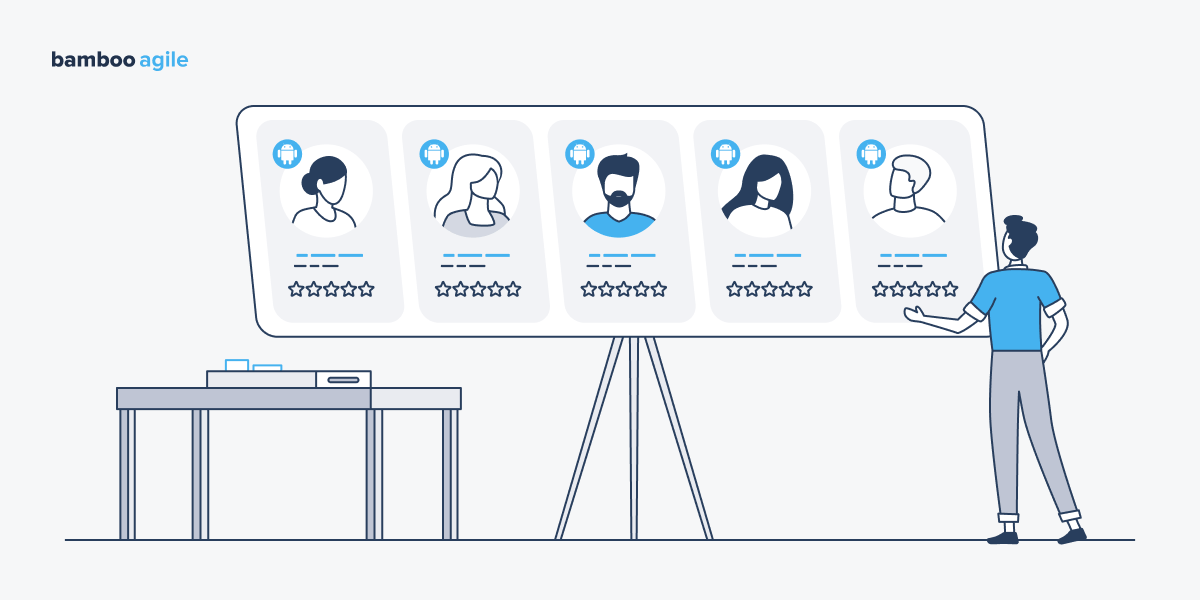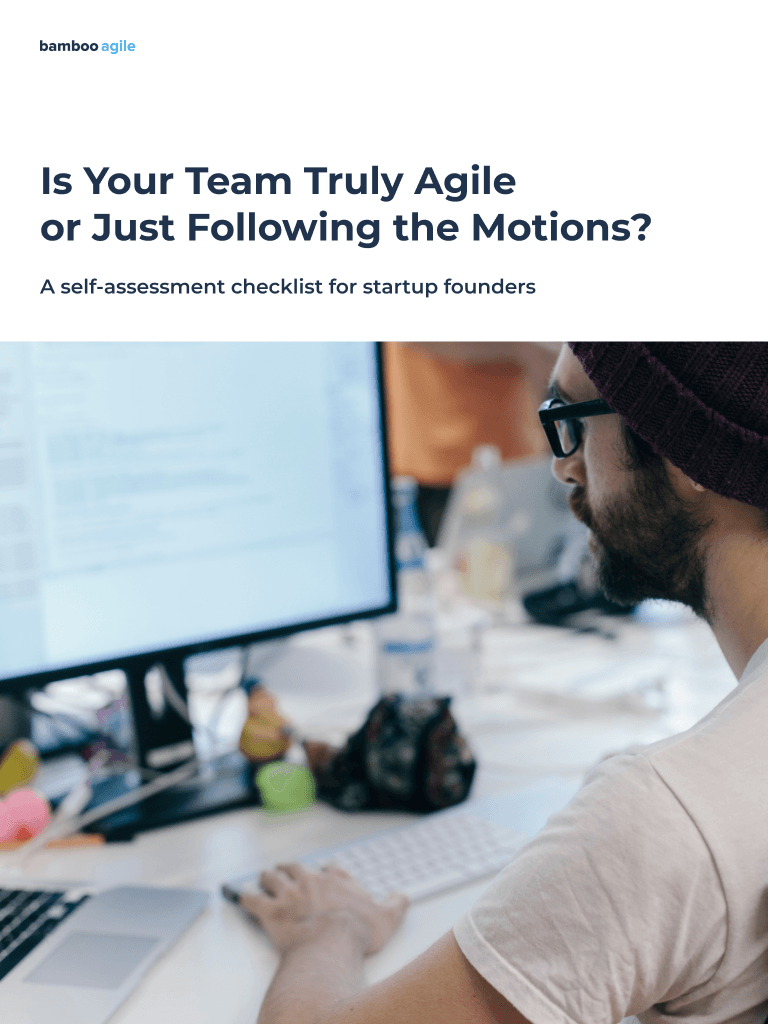Android has long dominated the app development market. According to Statista’s most recent data, the Android OS market share reached 70.79% in 2Q2023. In other words, having an Android app will allow you to reach a larger audience.
The total global mobile app revenue is expected to reach $614 billion by 2025. Doesn’t that sound impressive? However, not every software will be a success and earn cash. To increase your chances of success, you need to be smart about who you work with.
Hiring top Android developers will assist you in developing a successful app that will stand out from the crowd and earn a sizable profit. Here’s our guide on how to hire Android application developers in 2023 for your app development project.
Steps to Hire an Android Applications Developer
As for every process, hiring dedicated Android developers has a certain set of steps you can follow in order to achieve the best result possible. Below we are going to highlight the main steps to finding a reliable software development partner – though, there is a way to skip all of that while ensuring the project’s success.
Have you thought about giving Bamboo Agile’s Android development services a shot? Our team of skilled and experienced Android developers can make your most ambitious ideas a reality. You can get a quick estimation for your project and contact us for further details on our website.
And now, let’s get back to our guide.
Define Project Requirements
If you intend to hire Android app developers, you should first identify your needs, such as what type of app is required, what features the app should have, and so on. In other words, you must establish the software requirements to know what kind of expertise you need and what is your Android app development cost project may approximately be. That is why you must adequately define your requirements.
The Goal
Describe your number one goal on paper, write everything you can about it down, and make it clear what you intend to attain. It will help you figure out how big your app should be and how it should look. If you have any queries or are unsure which solution is best for you, an Android developer is the right person to ask.
The App’s Functionality
You do not need to be skilled in software development to define the project’s functionality. No. All you need to do is identify the essential features you want and hire dedicated Android app developers who will be able to see the full picture of your future app based on your core ideas.
The Requirements for Developer
If you believe that one or more technologies or tools should be used in your app, you should specify them and look for developers that are knowledgeable in this area. Define the scope of the work. On top of that, you can specify the level of Android developer talents required for your program, as well as how experienced they should be.
Choose Your Engagement Models
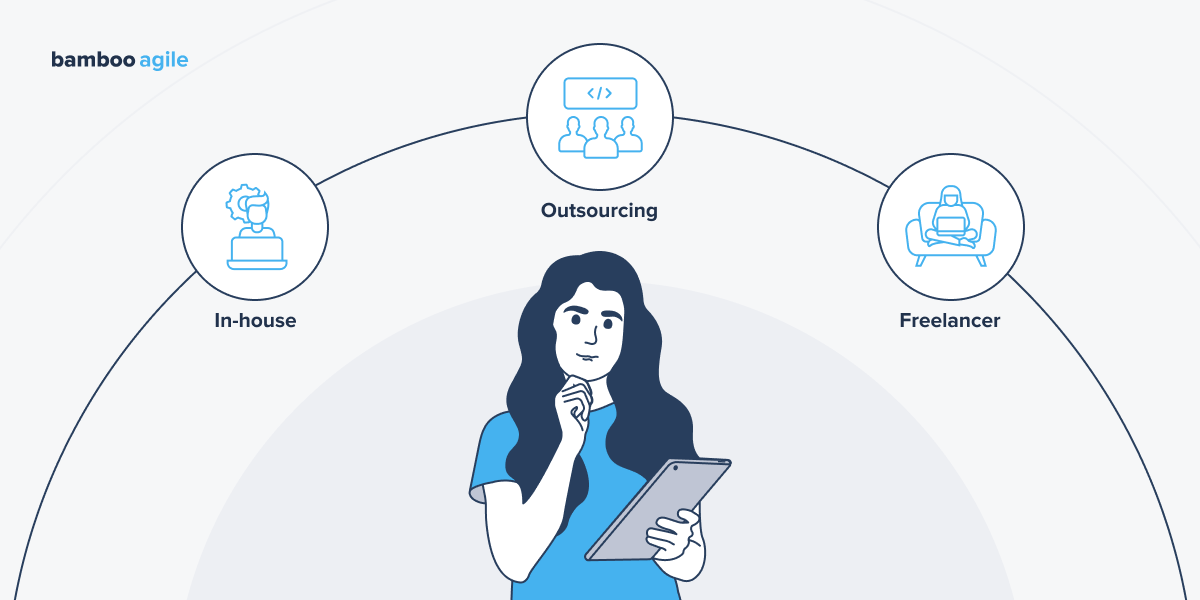
You should be aware of the many different types of Android developers. When you hire an Android app developer, you can choose one of three varieties based on your individual situation.
In-house Android App Developers
You can form your own local squad to lead. It is a viable choice, but you must control everything yourself and be experienced in management operations, particularly those of software development teams.
Outsourcing to an Agency
You can outsource software development to a company situated anywhere in the world. Bamboo Agile, for example, works with clients from over 20 different countries despite being located in Tallinn, Estonia.
This option is generally cheaper than in-house development at the cost of you having less direct control over the process. That said, you can conclude an NDA (a Non-Disclosure Agreement), so no one steals your idea, as well as a contract outlining all duties, responsibilities, and deadlines.
That way you can be confident that your project will be completed on time and meet your expectations.
Freelancer
A freelance Android developers are an excellent alternative if you want to decrease costs as much as possible. The downside is that you cannot control them as you would a contract team, therefore you must rely on the developer’s responsibility. Furthermore, unless you have already worked with the freelance Android developer you chose, you have no way of testing their degree of expertise outside of a test task.
Choose the Technology Stack
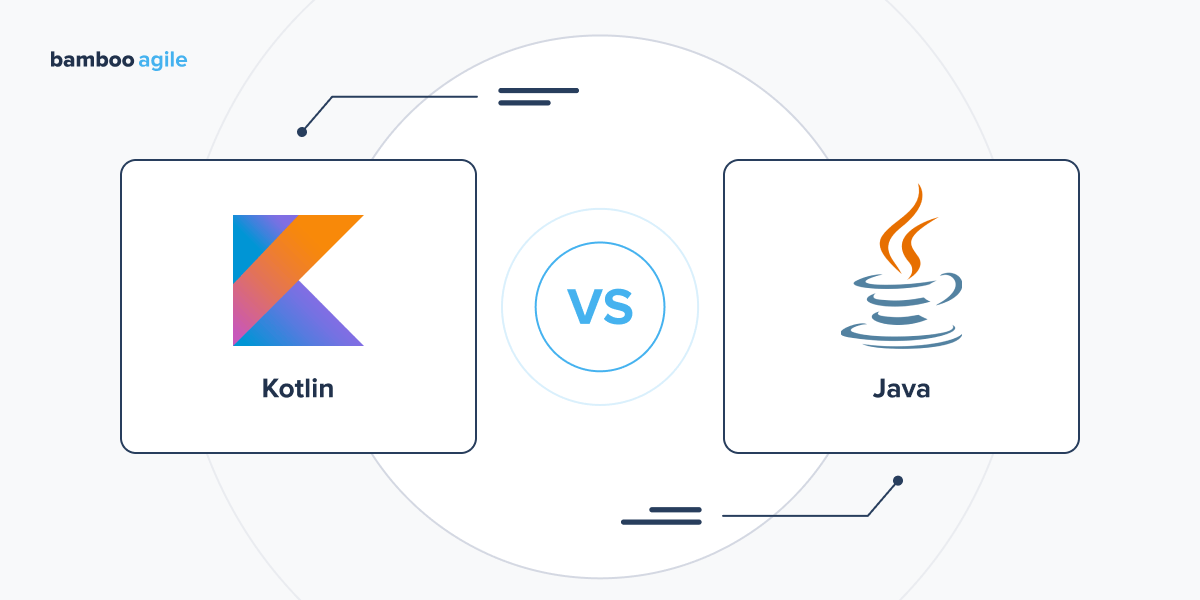
A proper mobile technology stack is critical to the development process. When it comes to Android app development, there can be lengthy and often heated debates over which strategy, technology, or framework is best for your project.
Before deciding on a tech stack for Android app development, you should understand what the app’s features are, what further features will be added in the near future, and so on. You must also decide whether you require a native app or a cross-platform app solution. The price of your Android app is greatly influenced by its complexity, quantity of features, and design, but it is rarely influenced by the programming language you use.
In a nutshell, the tech stack is a collection of the needs, specifications, and technology the project will be built on. The appropriate combination of tools and criteria enables high-quality custom mobile application development for Android consumers. The vast majority of business owners struggle with selecting the right tech stack, so it’s always best to consult experienced developers on what languages and frameworks will be best.
Java or Kotlin
Java is one of the most established programming languages on the market. It was released in May 1995 and is still in use today. It includes everything a developer needs, including the Java Development Kit, the Java Runtime Environment, and the Integrated Development Environment.
Java has become the most popular programming language for enterprise app development. It is commonly utilised in online apps, government apps, and big data technology. All in all, Java has no competitors when it comes to high-end app development projects and emerging technology.
Kotlin is a relatively young open-source Android language that Google officially supports. The nicest thing about it is that developers will not have to redo their entire project while transitioning from Java to Kotlin.
Kotlin was first introduced in 2011, but it took over 5 years for it to be fully published. In terms of Android app development, it is a clear competitor to Java. However, it is also broadly used by JS, Swift, and Python developers.
Define Essential Skills and Previous Experience for the Job
Developing mobile apps necessitates a unique combination of skills and knowledge. Android app developers must understand the company’s goals, as well as have technological talents and know-how in order to produce an app that achieves them. Here’s a list of key skills to look for when hiring Android developers for your app project.
Programming Languages Knowledge
Developers should be familiar with the Java and Kotlin programming languages, as well as their syntax and fundamentals, frameworks, multithreading & concurrency, functional programming, and generics.
Android Studio expertise is also a must. Its’ an Integrated Development Environment (IDE) that works with a variety of Android SDKs, and is mandatory to creating any android application.
API Proficiency
Many apps need integrations with third-party services that enhance and enrich them with additional functionality. For example, you may require Facebook live video integration in your app. As a result, a developer will use the Facebook API to incorporate live video chat into your programme.
Now what if you require a payment service? No worries, just integrate a payment gateway API for whichever payment service you need. Google, of course, has its own Google APIs for making an app smarter with map functionality, automated translations, email integration, etc.
So, dealing with API is one of the most important talents for an Android developer.
Database Experience
Many apps consume massive amounts of data, and this data cannot all be stored on a mobile device. As a result, developers employ databases to store all the data and be able to access it at any time.
Developers typically employ specific cloud services such as Firebase to store information and just use the APIs of such cloud platforms. Furthermore, these platforms provide a plethora of libraries that developers can incorporate into their apps, allowing for seamless data transfer from app to cloud storage and vice versa. Developers may also utilise local solutions such as SQL to manage local databases.
Material Design
Google launched a new standard of user interface a few years ago that may in time become mandatory in all Android apps. Material Design is a set of rules, which has altered the placement of various items on the screen, as well as their colours and tones.
It is not yet a mandate, and developers can choose whether or not to utilise Material Design principles. But nevertheless, make sure that the developer you hire has experience working with Material Design and is ready to use it in your app if necessary.
Business Processes and SDLC Understanding
Developers must comprehend the reasoning behind your business decisions. It will assist them in identifying key features, planning the development process, and delivering a mobile app solution that fully meets your business needs.
Portfolio
You may learn about Android developers’ approaches and delivery quality by looking at their previous projects. Take a look at their previous work portfolio. Review the functionality, design capabilities, and time required to complete the project.
Then you’ll be able to determine whether the Android app developer meets the app’s requirements. It’s also useful to search for the reviews, ratings, and feedback left under their apps.
Prepare Legal Agreements
By the time you finish the previous step, you should have made most of your recruiting decisions. However, you should only begin working with an Android app development company or freelancer after signing an NDA or privacy agreement, plus any other legal documents you deem necessary.
This is the final step in validating your decision. By entering into such an agreement with Android developers, you secure sensitive company information. In addition, you should protect the Android app’s intellectual property rights to avoid future misunderstandings.
Consider Security
If your app requires access to personal information, you’ll want to make it impregnable by addressing all possible security problems. Your android developer should have prior familiarity with security features such as data encryption, secure communication protocols, and user authentication. They should also be knowledgeable in Android app development security guidelines and best practices, such as employing a secure storage for sensitive data, establishing suitable access restrictions, and preventing SQL injection attacks.
Common Mistakes When Hiring an Android Application Developer
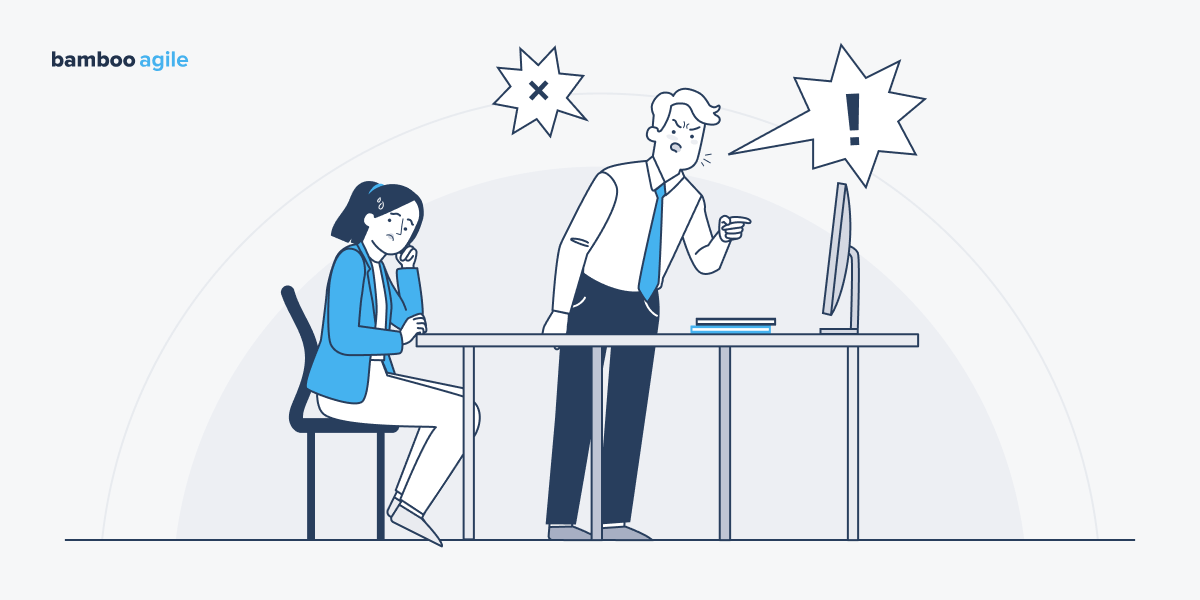
If you want to hire an Android app developer, here is a list of situations to avoid throughout the process.
Lack of Good Sense of Product Design
Working with Android developers who have product design knowledge can save you a significant amount of time and money.
For example, you want to create a sign-up page for your app. The feature appears to be nothing more than a user and password selection screen at first glance. In practise, however, you’ll need:
- To determine which methods of authentication you want to enable (Facebook, user, password, Gmail, and so on).
- To ensure validation when it is required (for example, if a user enters their email, make sure it is a genuine email).
- To set up a mechanism for restoring a forgotten login or password (via email or phone number).
Basically, even the simplest function will have some hidden challenges for you to consider and account for. And it’s a lot easier to do with developers that are aware of them.
Lack of Experience in UI and Material Design
A user interface is much more than just a set of images. When developing an Android application, you should seek the assistance of a designer. But having one is not a guarantee that your app will have high-quality UI. This is because software tends to evolve during the development process, and you may need to adapt the UI to product changes or new features.
The best Android developers can complete the majority of the design work themselves, and their apps will appear professional and easy to use. They achieve that by employing standardised UIs.
Using standard UI patterns is advantageous since it will appear similar to many applications that your average user is already familiar with. Plus, implementing a standardised UI should be simple and quick owing to the excellent tools provided by Google.
Many of the new UI patterns are related to the Material Design concepts launched by Google a few years ago. It’s a type of design tailored to mobile devices, particularly small ones. Furthermore, Google gives numerous icons for free, and there are usually enough icons to fulfil the majority of your demands. Google also offers tutorials and free resources, such as material colour palettes.
Lack of Experience in Releases
A good Android app developer will have a great number of apps released on Google Play. Publishing an app is a lot of work, and it is critical that your candidate has done it before.
Proguard is an example of a tool that highlights the importance of this stage. This programme can obfuscate your code as well as remove any unnecessary libraries and classes, resulting in a smaller, more secure application. However, proper Proguard use requires prior experience. It’s not a simple procedure, and getting it wrong can expose your code and make your software larger.
A seasoned developer understands that it should be utilised only when publishing an application. There’s no reason to disguise your programme while testing it prior to release because it’s still not visible to the general public.
Another thing to keep in mind is that an application must be signed before it can be released. This is done to protect and prove your ownership of the app. The process requires the use of a file containing a hash key, which is necessary for publishing to Google Play. It’s also essential to publish version updates, because you won’t be able to update your app if you lose this file.
Poor Time Estimations
When you start working during the trial period, you can ask your candidate to complete a task and estimate the time it will take. The ETA (estimated time of arrival) should typically be correct when completing a simple task. And, most likely, you’ll want to assign relatively small duties to the candidate throughout the trial period.
You should pay attention to whether they completed this work inside the timeframe they provided. If not, you must receive adequate excuses – though, that shouldn’t occur for minor assignments.
Large tasks, on the other hand, can be difficult to predict because there may be more product revisions, features, and bugs along the way. In general, Android app developers should finish their work before the ETA expires and alert you if it takes longer for whatever reason—preferably not at the last minute.
Lack of Frequent Updates
Even with minimal responsibilities, it’s critical for the candidate to keep you informed of key developments on a regular basis.
You can specify whether your developer should keep you updated at certain dates or only when anything big occurs.
Whatever the case may be, you should pay close attention to whether your applicant is presenting you with the necessary information. Working with app developers who updates you too regularly or infrequently may cause your collaboration to slow down and become inefficient.
Frequent Builds with Many Bugs
You should have the developer extensively test their own output after they’ve submitted a finished task. This will give you information about the developer’s ability to recognise and resolve problems, or, in other words, their ability to test their products.
This is a critical check since Android app developers must be able to identify flaws before releasing new versions of their products. If they don’t, they may deliver a flawed product to end-users, who may complain or leave unfavourable reviews on Google Play. So you should pay close attention to the initial build your candidate delivers you, thoroughly test it, and establish if faults are easily reproduced.
Another thing to remember is that Android provides decent testing libraries for both logic and user interface testing, and it’s worth checking to see whether your applicant has used these before. Although the trial period is often too short to use testing libraries, every Android developer should be familiar with them.
Final Thoughts
Now that you have a full-fledged guide to assist you with all sorts of problems along the way, you’re ready to start the search for your perfect Android app developers. Though there are many app developers available, finding and retaining a quality one is a difficult undertaking. If you haven’t decided on your hire yet, contact us – our skilled specialists will help you find the right solution no matter the challenge.
